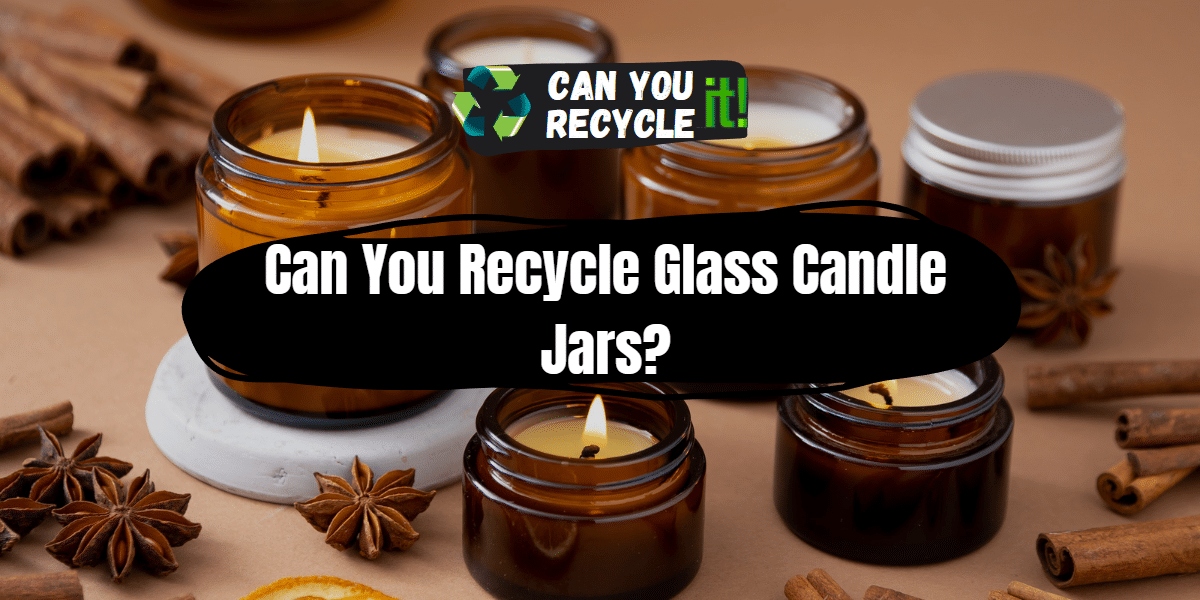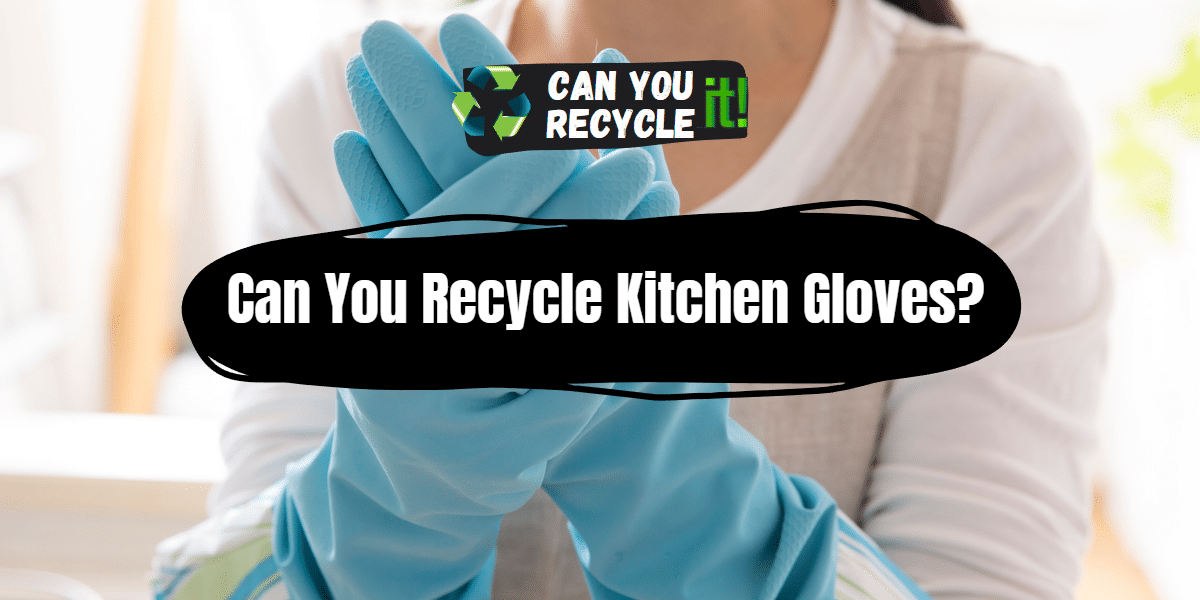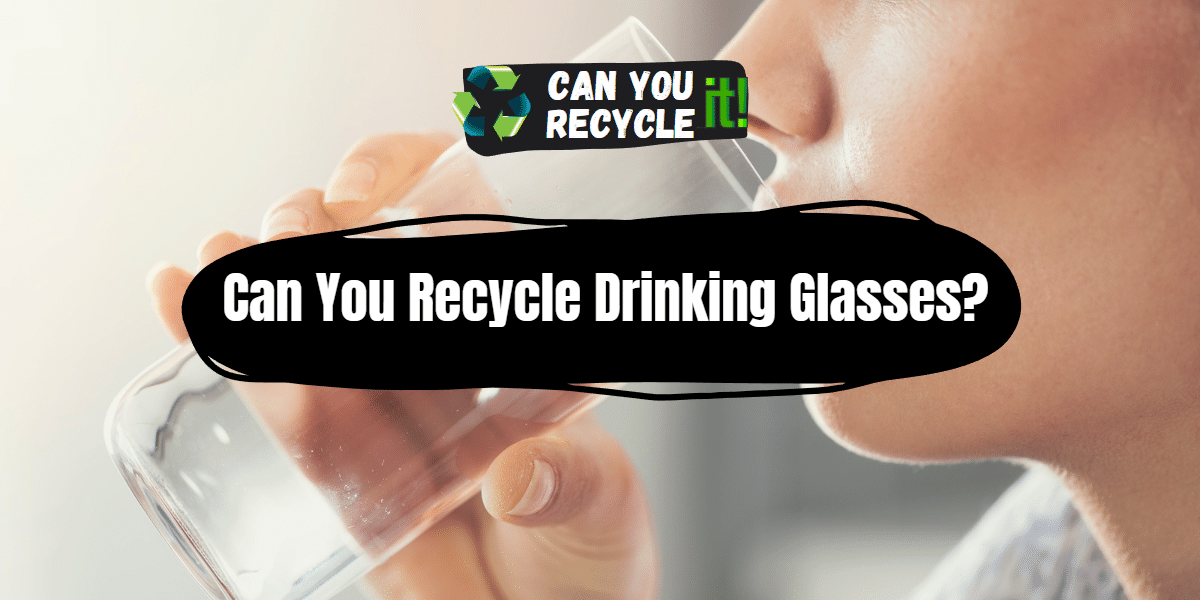The answer depends on the materials used in the cookware. Let’s explore the possibilities and find out how to dispose of old cookware responsibly.
Yes
- Stainless Steel: Cookware made of stainless steel is highly recyclable. Stainless steel is a valuable material that can be melted down and used to create new products.
- Aluminum: Aluminum cookware is also recyclable. Aluminum is lightweight and easily processed for recycling, making it a sustainable choice.
- Cast Iron: While not as commonly recycled as stainless steel or aluminum, cast iron cookware can be recycled. It’s durability and long lifespan make it a good candidate for recycling.
No
- Non-Recyclable Coatings: Cookware with non-recyclable coatings such as Teflon or ceramic coatings cannot be recycled. These coatings can contaminate recycling and are best handled through specialized disposal methods.
- Damaged or Severely Worn: Cookware that is severely damaged or worn beyond repair may not be suitable for recycling. In such cases, alternative options for disposal or repurposing should be considered.
It’s important to check the specific guidelines of your local recycling facility to determine what materials they accept for recycling. By understanding which materials can and cannot be recycled, we can make informed decisions about properly disposing of old cookware.
Table of Contents
Do’s and Don’ts
When it comes to recycling old cookware, there are some dos and don’ts to keep in mind:
Dos
- Check the material: Determine if your cookware is made of recyclable materials such as stainless steel, aluminum, or cast iron.
- Clean the cookware: Ensure that the cookware is thoroughly cleaned before recycling to remove any food residue or contaminants.
- Donate or repurpose: Consider donating or repurposing usable cookware instead of throwing it away. Someone else might find it useful.
- Research local recycling options: Find out if your local recycling facility accepts old cookware and if there are any specific guidelines to follow.
Don’ts
- Don’t recycle non-recyclable materials: Some types of cookware, such as Teflon-coated or ceramic-coated pans, are not recyclable. Please do not include them in your recycling bin.
- Don’t mix materials: If your cookware consists of different materials, separate them before recycling to ensure proper processing.
5 Step Guide to Recycle Old Cookware
If your old cookware is recyclable, follow this step-by-step guide to recycle it responsibly:
Step 1
Check the recycling guidelines: Start by checking the recycling guidelines in your local area. Different municipalities may have specific rules regarding the recycling of cookware. Determine what materials are accepted and if there are any restrictions or requirements.
Step 2
Clean the cookware: Thoroughly clean your old cookware to remove any food residue or grease. This ensures that the recycling process is not contaminated and helps maintain the integrity of the recycled materials.
Step 3
Separate materials: If your cookware is made of different materials, separate them into their respective categories. For example, separate stainless steel pans from aluminum ones. This step facilitates the recycling process and increases the efficiency of material recovery.
Step 4
Find a recycling facility: Locate a recycling facility or program that accepts the specific materials of your cookware. Check if they have drop-off locations or pickup services available. Ensure that the facility follows proper environmental and safety regulations for recycling.
Step 5
Recycle responsibly: Deliver your cleaned and separated cookware to the designated recycling facility. Follow their instructions for proper disposal or recycling. If necessary, package the cookware securely to prevent any damage during transportation.
What to Do with Old Cookware That Cannot Be Recycled.
In some cases, old cookware may not be recyclable due to its material composition or condition. Here are some alternatives to consider:
- Donate: If your cookware is still usable, consider donating it to local charities, community centers, or shelters. They may accept cookware for those in need.
- Repurpose: Get creative and repurpose your old cookware. For example, a worn-out pot can be transformed into a planter or used for storing miscellaneous items.
- Upcycle: Explore DIY projects and upcycle your old cookware into decorative or functional pieces. From wall art to unique kitchen accessories, the possibilities are endless.
- Check for manufacturer take-back programs: Some cookware manufacturers have take-back programs that accept their products for proper disposal or recycling. Research if any such programs exist for your cookware brand.
- Dispose of responsibly: If your old cookware is beyond repair or reuse, dispose of it responsibly as directed by your local waste.
Environmental Impact of Recycling Old Cookware
Recycling old cookware offers several environmental benefits. Here are some key ways recycling positively impacts the environment:
- Resource conservation: Recycling metals like stainless steel, aluminum, and cast iron conserves natural resources by reducing the need for extracting and refining raw materials.
- Energy savings: The recycling process consumes less energy compared to producing new materials from scratch. Recycling cookware helps save energy and reduces greenhouse gas emissions.
- Waste reduction: By recycling old cookware, we prevent it from ending up in landfills, reducing the amount of waste that accumulates and minimizing environmental pollution.
- Carbon footprint reduction: Recycling cookware decreases the carbon footprint associated with the extraction, manufacturing, and transportation of new materials.
FAQs for Can You Recycle Old Cookware
Can I recycle non-stick cookware?
Non-stick cookware with Teflon or similar coatings is generally not recyclable. These coatings can contaminate the recycling process and should be handled separately.
Can I recycle damaged or rusted cookware?
Severely damaged or rusted cookware may not be suitable for recycling. It’s best to check with your local recycling facility for guidance on handling such items.
Should I remove handles or other attachments before recycling?
It depends on the specific recycling guidelines in your area. In some cases, removing handles or attachments can facilitate recycling, while in others, it may not be necessary.
Are there any health concerns related to recycling old cookware?
Generally, no health concerns are associated with recycling old cookware made of recyclable materials. However, cleaning the cookware thoroughly is always advisable to ensure hygiene.
Can I recycle cookware that has a mix of materials?
Separating the cookware into its individual materials is preferred for efficient recycling. If separation is not possible, consult your local recycling facility for guidance.
Conclusion 💭
Recycling old cookware is an eco-friendly way to reduce waste and conserve resources. By following the dos and don’ts, conducting proper research, and exploring alternative options, you can positively impact the environment while responsibly disposing of your old cookware. Remember, recycling is just one of the many steps we can take toward a more sustainable future.





Leave a Reply